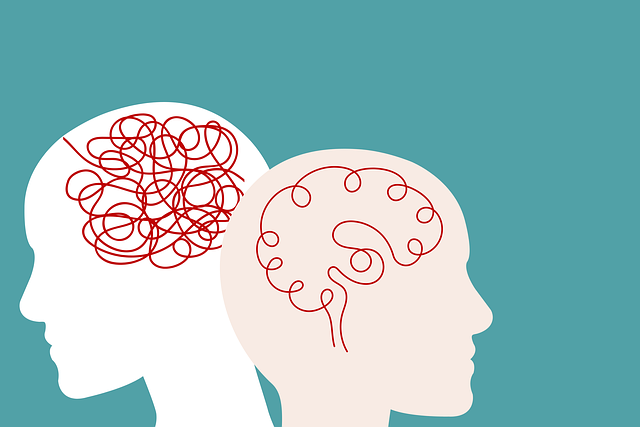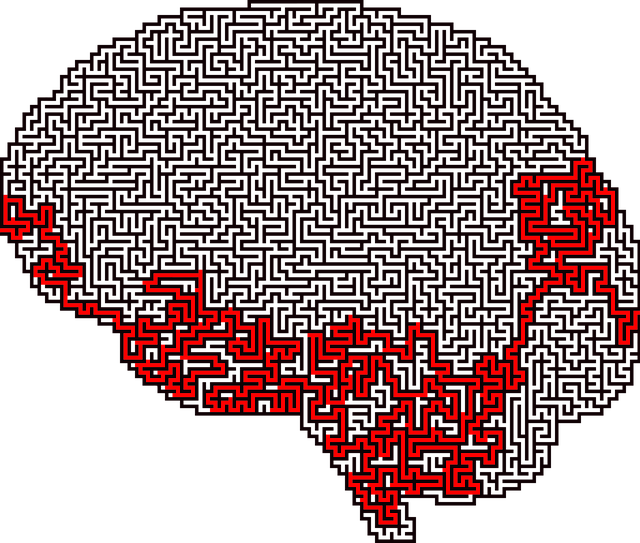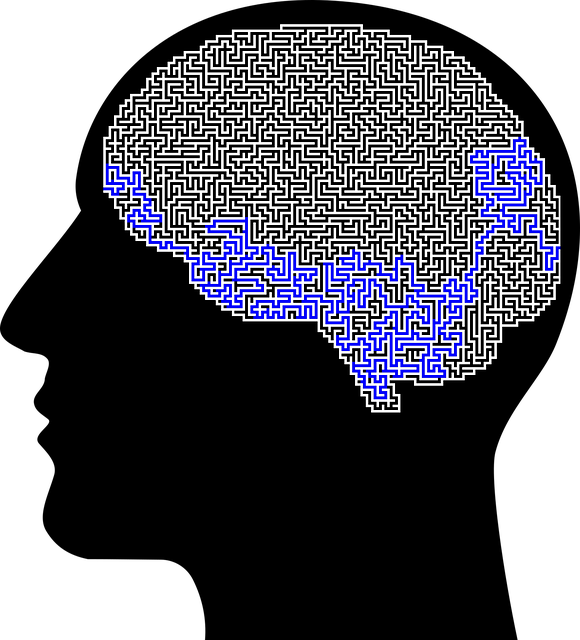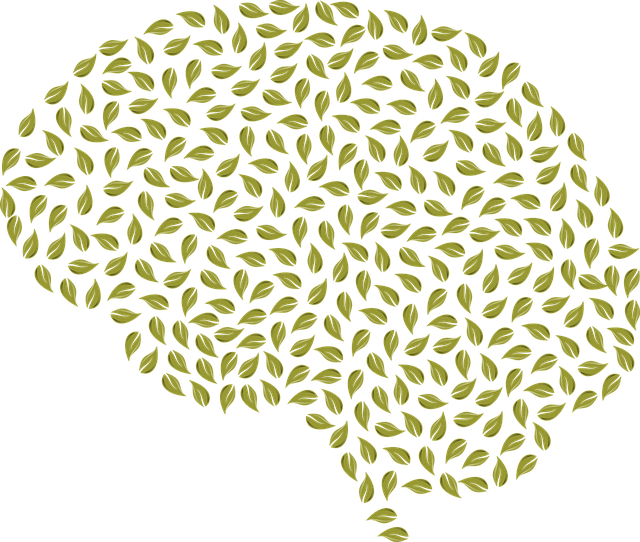Positive thinking is a powerful tool for improving mental well-being, especially beneficial in Wheat Ridge ADD-ADHD evaluations and therapy. By identifying and challenging negative thought patterns through journaling, mindfulness exercises, and structured therapies, individuals can build resilience, boost self-confidence, and adopt a growth mindset. This holistic approach combines self-care practices with culturally sensitive community outreach, empowering individuals to manage symptoms, improve coping mechanisms, and enhance overall quality of life. Incorporating positive thinking into daily routines significantly reduces stress, anxiety, and depression while fostering optimism and life satisfaction.
Positive thinking exercises have emerged as powerful tools to enhance mental well-being. This comprehensive guide explores the profound impact of positive thinking on mental health, offering a step-by-step process to identify and challenge negative thought patterns. We provide practical exercises to cultivate a resilient mindset, focusing on strategies tailored for individuals in Wheat Ridge seeking ADD/ADHD evaluations and therapy. By integrating these practices into daily routines, readers can navigate life with greater optimism and resilience.
- Understanding Positive Thinking and its Impact on Mental Health
- Identifying Negative Thought Patterns: A Step-by-Step Guide
- Practical Exercises for Cultivating a Positive Mindset
- Integrating Positive Thinking into Daily Life: Strategies for Wheat Ridge ADD-ADHD Evaluations and Therapy
Understanding Positive Thinking and its Impact on Mental Health

Positive thinking is a powerful tool that can significantly influence one’s mental health and overall well-being. It involves cultivating an optimistic outlook, focusing on personal strengths, and reframing negative thoughts into more positive and realistic ones. This simple yet profound practice has been shown to reduce stress, anxiety, and depression, fostering a sense of inner strength and resilience. By embracing positive thinking, individuals can enhance their emotional regulation, improve coping mechanisms, and promote better mental health outcomes.
In the context of Wheat Ridge ADD-ADHD evaluations and therapy, positive thinking exercises are invaluable. These practices help clients develop strategies to manage symptoms, build self-confidence, and foster a growth mindset. Through structured therapies and community outreach program implementations, professionals can incorporate cultural sensitivity in mental healthcare practice, ensuring that every individual receives tailored support. This holistic approach leverages the power of positive thinking to empower individuals, leading to improved mental health and enhanced quality of life.
Identifying Negative Thought Patterns: A Step-by-Step Guide

Identifying negative thought patterns is a crucial step in implementing positive thinking exercises. The first step is to become aware of your thoughts and recognize when they are unhelpful or distorted. Start by paying attention to recurring themes in your self-talk. Are there specific situations or triggers that consistently lead to negative thoughts? For instance, do you find yourself criticising every small mistake, or perhaps avoiding challenges due to a fear of failure? These patterns can often be identified through introspection and keeping a thought journal. Note down your thoughts, especially during moments of heightened emotion, and analyse if they are based on facts or simply assumptions.
In the context of Wheat Ridge ADD-ADHD evaluations and therapy, understanding these thought patterns is essential for self-esteem improvement and conflict resolution techniques. Negative thinking can often be a result of unmet needs or underlying beliefs that require attention. For example, someone with ADD/ADHD might struggle with impatience due to a sense of control issues. By identifying these patterns, individuals can begin to challenge their thoughts and replace them with more positive and realistic ones, thereby enhancing stress management skills.
Practical Exercises for Cultivating a Positive Mindset

Cultivating a positive mindset is an accessible and powerful tool for enhancing mental well-being. Practical exercises like self-care practices can significantly impact one’s overall outlook. Simple routines such as journaling, where individuals reflect on their day and identify even the smallest achievements, can foster gratitude and shift focus from negativity. Additionally, practicing mindfulness through meditation or deep breathing exercises helps to calm the mind, reduce stress, and improve self-awareness, all of which contribute to a more optimistic perspective.
Wheat Ridge ADD-ADHD evaluations and therapy provide specialized support for individuals seeking to manage their thoughts and emotions effectively. Self-awareness exercises are often incorporated into these therapeutic settings, encouraging clients to identify negative thought patterns and challenge them with more realistic, positive alternatives. Over time, these practices can lead to improved coping mechanisms, better stress management, and enhanced life satisfaction, thereby reducing the risk of depression prevention.
Integrating Positive Thinking into Daily Life: Strategies for Wheat Ridge ADD-ADHD Evaluations and Therapy

Incorporating positive thinking into daily life is a powerful tool for individuals navigating Wheat Ridge ADD-ADHD Evaluations and Therapy. It’s not just about changing one’s mindset; it’s a practice that can be honed through consistent application. Simple strategies like starting each day with a positive affirmation, practicing gratitude, and reframing negative thoughts can make a significant difference in managing symptoms associated with ADHD. For example, during therapy sessions focused on Wheat Ridge ADD-ADHD Evaluations, patients can learn to identify and challenge unhelpful thought patterns, replacing them with more optimistic alternatives that enhance focus and reduce impulsivity.
Integrating positive thinking goes beyond individual therapy; it’s a communal process. Social Skills Training, which is a crucial component of many Wheat Ridge ADD-ADHD Therapy programs, benefits from cultural sensitivity in mental healthcare practice. By fostering an environment where patients feel understood and supported, therapists can help individuals develop emotional regulation strategies that are both culturally relevant and personally effective. This holistic approach ensures that positive thinking becomes not just a tool for managing symptoms, but a way of being that enriches all aspects of life.
Positive thinking exercises, when integrated into daily routines, can significantly enhance mental health, particularly for individuals navigating Wheat Ridge ADD-ADHD evaluations and therapy. By identifying and challenging negative thought patterns, one can cultivate a more optimistic mindset. The practical exercises outlined in this article provide a framework to foster resilience and improve overall well-being. Embracing these strategies allows for a transformative journey towards a healthier, more balanced mind, empowering individuals to thrive despite life’s challenges.








